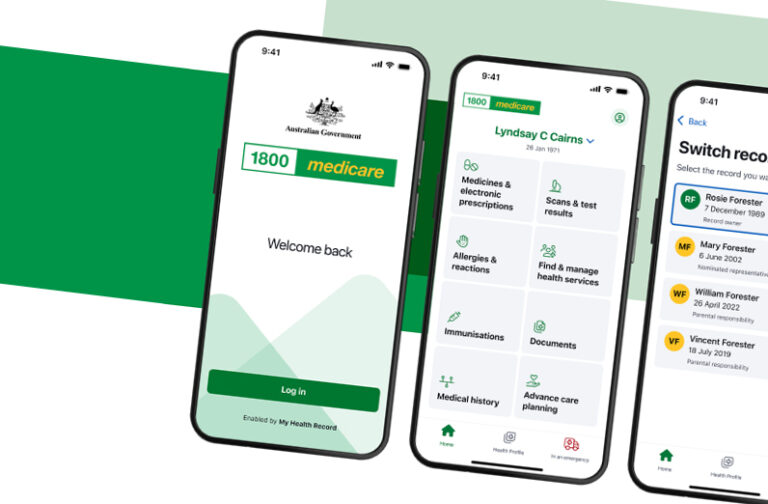The Australian Bureau of Meteorology has declared that an El Niño and positive Indian Ocean Dipole (IOD) are underway. When a positive IOD and El Niño occur together, their drying effect is typically stronger and more widespread across Australia. This includes a higher risk of water scarcity, heat events, flash droughts and early onset of fire weather conditions (1).
Drought is a recurring environmental challenge in the Western NSW area, with primary producers the most heavily affected group as drought impacts threaten their livelihoods.
Health providers and drought
While the business risk for primary care providers may be much lower, their businesses may still be exposed to drought mitigation efforts, and they may be affected by secondary disaster impacts of drought such as increased need for mental health support and suicide prevention for affected patients.
Severe drought can also affect air quality by making bushfires and dust exposure more likely, increasing health risk in people already impacted by chronic cardiovascular and pulmonary diseases, like asthma, chronic obstructive pulmonary disease (COPD), or heart disease (2).
The economic effects of drought are typically exacerbated by the rising cost of living. Medical practitioners can play a vital role in alleviating energy costs for their high-level care patients by verifying their need on the ‘NSW Life Support Rebate medical declaration‘ form or the NSW Medical Energy Rebate Application Form – Electricity (energyaustralia.com.au). Patients may also enquire with their provider about retailer specific forms for rebates. The NSW Life Support Energy Rebate helps pay electricity bills for people who need or have someone living with them who needs to use approved energy-intensive life support equipment at home (such as home dialysis, ventilators and oxygen concentrators) (2).
Preparedness measures for primary care businesses
Efficient water use is crucial during drought. Healthcare facilities should implement water conservation measures to reduce their water consumption, and the NSW Government provides valuable guidance on water conservation strategies for businesses.
Mental health services
There are numerous mental health and wellbeing support services available to support drought affected farmers and communities. It is helpful for primary care providers to have the details of such providers ready on hand.
WNSW PHN commissions a range of mental health services reflecting local needs that focus on safe, effective, and quality care “ view our commissioned services summary here.
Conclusion
By preparing and having relevant resources on hand, healthcare businesses can contribute to the resilience of both their operations and the communities they serve, to enable the continuity of primary care provision during periods of drought.
Resources
NSW Reconstruction Authority
NSW Reconstruction Authority has developed very extensive and inclusive lists of providers available to assist communities.
NSWRA-Mental-Health-Resource-sheet-statewide.pdf (imgix.net)
Mental Health, wellbeing, psychosocial resources for business owners, managers and persons conducting or undertaking a business:
Mental-Health-Wellbeing-Psychosocial-in-the-Workplace-Resource-V2-002.pdf (imgix.net)
NSW Department of Primary Industries
1. Drought Hub:
Comprehensive information on drought conditions and forecasts, and resources for primary producers.
NSW DroughtHub
2. Farmtracker App:
Tool for farmers to monitor the conditions on their property and connect them with useful Government services.
Farm Tracker | Department of Primary Industries (nsw.gov.au)
Local Land Services
Drought Help and Support.
Drought – Local Land Services (nsw.gov.au)
RAMHP “ Rural Adversity Mental Health Program “ NSW Health
RAMHP has 20 Coordinators employed by Local Health Districts across regional, rural, and remote NSW providing health promotion and educational activities in their local communities and link individuals with appropriate services.
National Farmers Federation
Mental health resources
Mental Health Resources – National Farmers’ Federation (nff.org.au)
National Centre for Farmer Health
Managing stress on the farm. Booklet (online or hard copy order)
Managing Stress on the Farm Book | National Centre for Farmer Health
Sources:
- Australian Government. Bureau of Meteorology. Climate Driver Update 19.09.2023. Climate Driver Update (bom.gov.au)
- World Health Organisation WHO. Drought. 202
- NSW Government. Service NSW. Apply for the NSW Life Support Energy Rebate. Apply for the NSW Life Support Energy Rebate (retail customers) | Service NSW
- NSW Government. How your business can save water. Water saving strategies and advice how to develop water-efficient processes. How your business can save water (nsw.gov.au)
This article was originally published by Hunter New England and Central Coast Primary Health Network.


_image_from_Canva-768x543.jpg)



